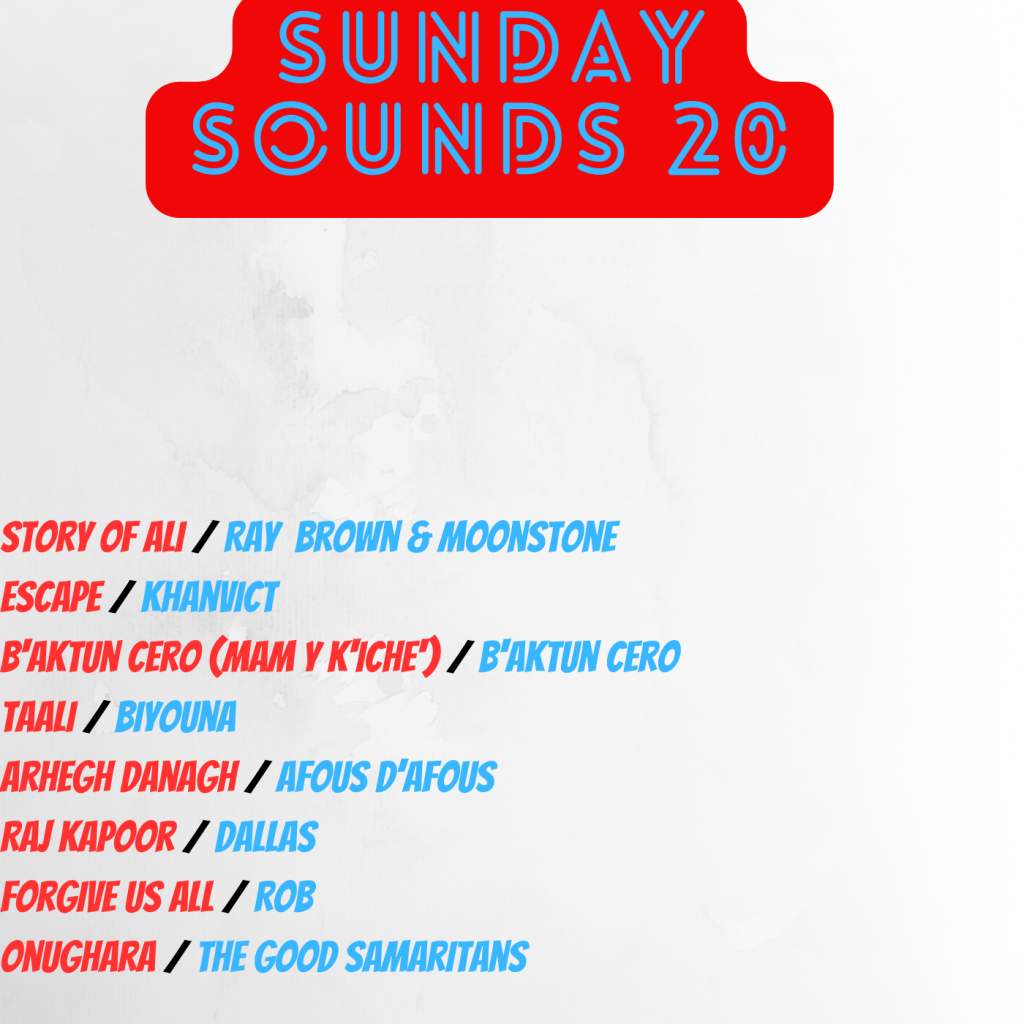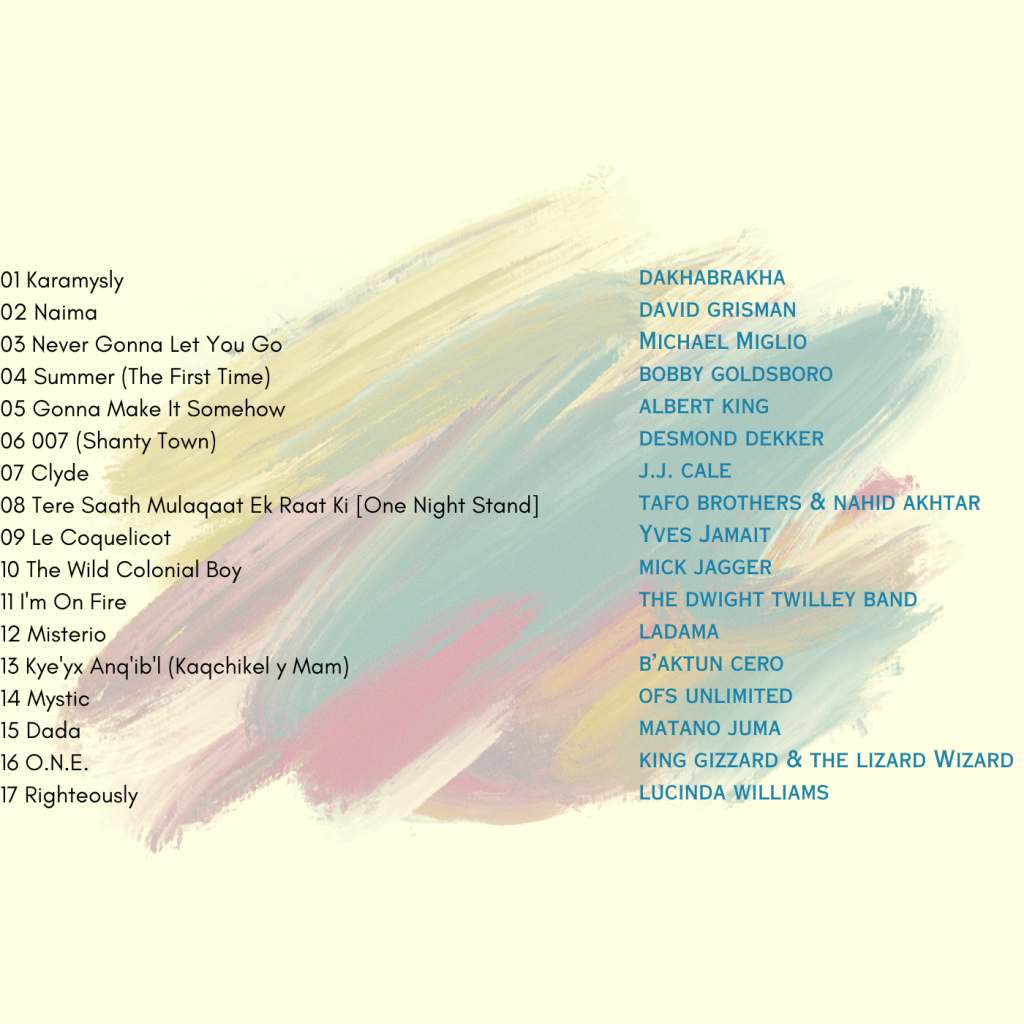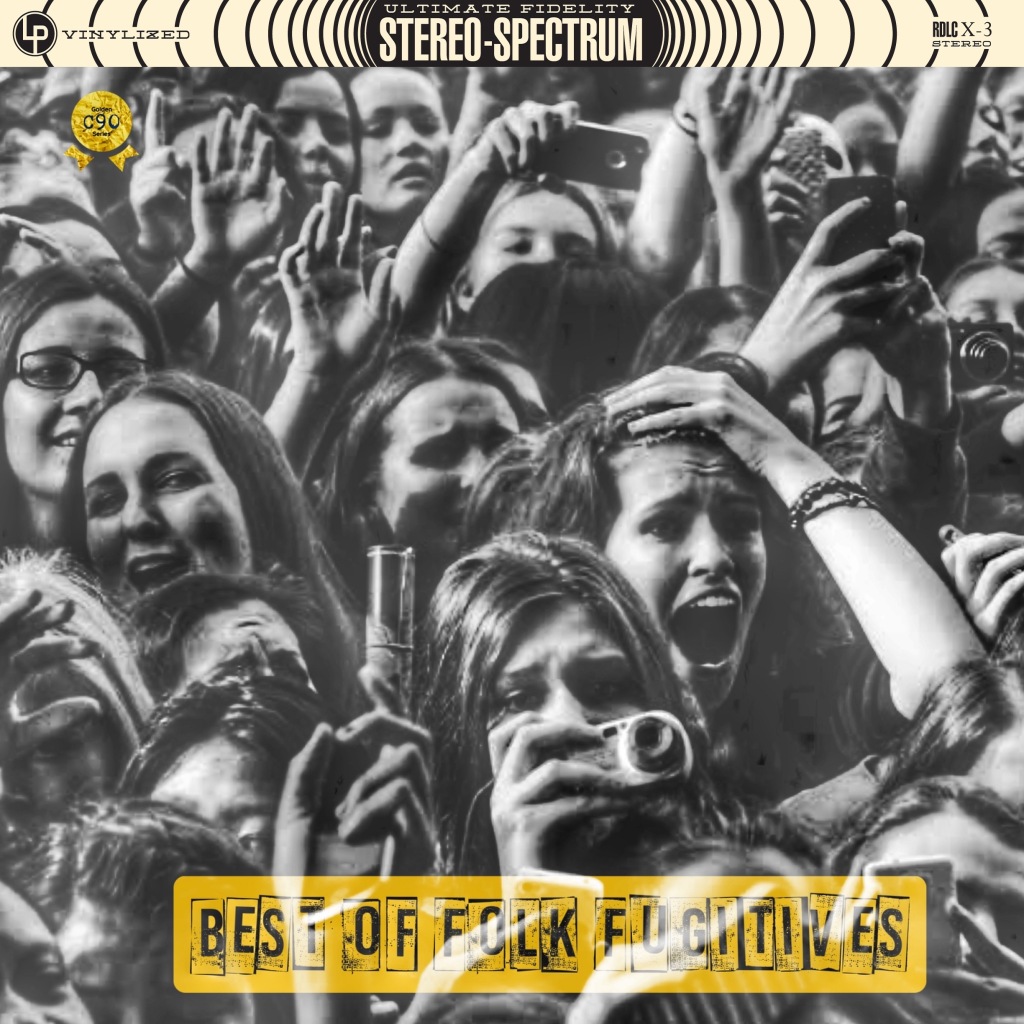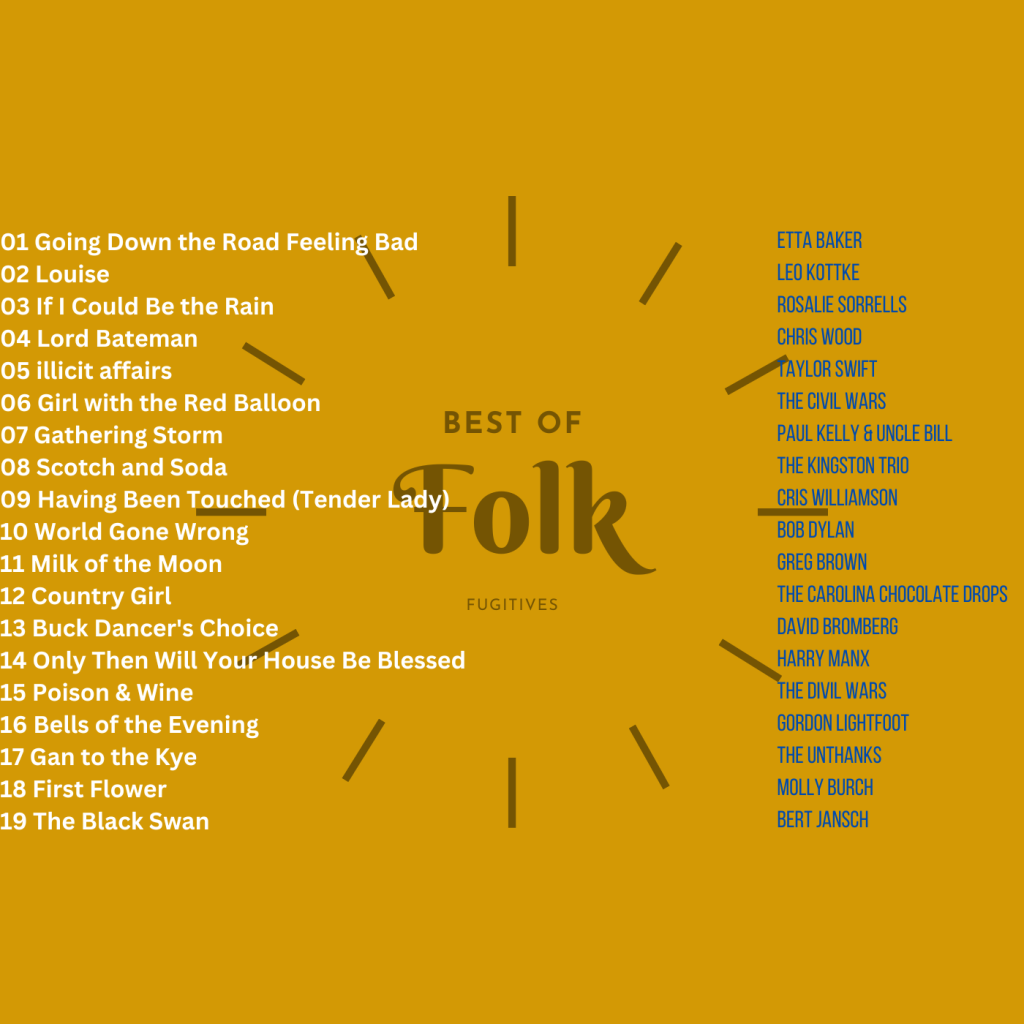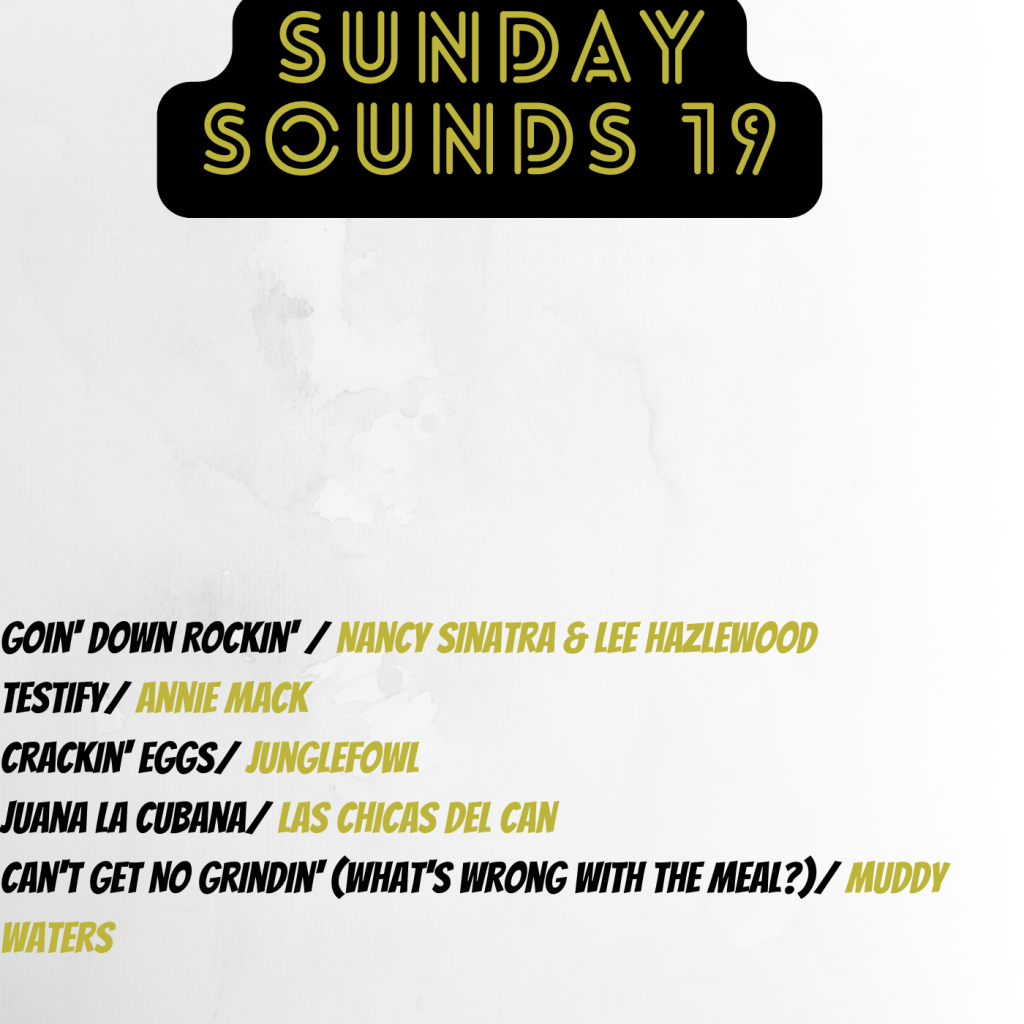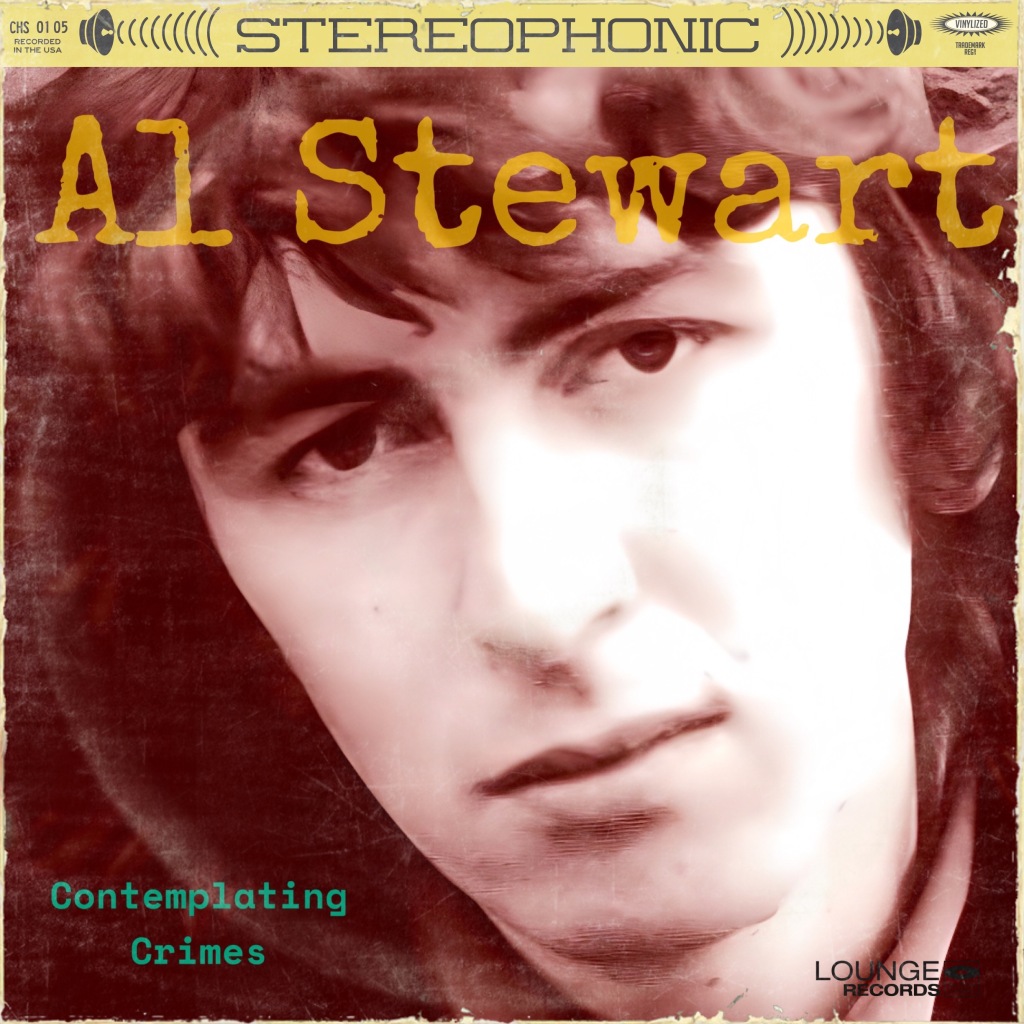

In the winter of 1985, I took a Greyhound from Minneapolis to Billings to visit my folks who, over from India, were spending a few months living in the basement of an uncle’s house.
Along for the ride was a tape of Emmylou Harris’ latest album, The Ballad of Sally Rose. It had come out a few months earlier to not very good reviews. Reviewers were united in their opinion that the record was a piece of fluff. Soft country-folk, neither mainstream nor edgy. Sure, Emmylou had a fine voice. But, when it came to writing songs, she didn’t have what it.
During those grad school years, I shared a creaking weatherboard on South Chicago Ave with a bunch of artists and musicians. These guys (plus Alison, the sole woman in the house) knew their shit. A couple had played in one of Minneapolis’ iconic cult bands, The Wallets. Another, who went on to a political career in Washington, had worked the counter at a popular West Bank record store and regularly brought home the most obscure LPs from around the world. My own collection of music at that stage was miniscule and made up entirely of mainstream, middle-of-the-road, acts: Dire Straits, Bruce Cockburn, Jimmy Cliff. Dylan, of course, was beyond reproach but not much else. Not exactly Top 40 but a long way away from the Violent Femmes, New Model Army, The Residents and Lightnin’ Hopkins. I was definitely woke enough to realise that Emmylou Harris was a tad too twee for this lot.
By the time I boarded the Greydog a couple days before Christmas, I had not really listened to The Ballad of Sally Rose. As we edged out of town on a windblown I-94 I pressed “play’” and gazed out into the grimy, grey evening.
Her mama picked him up in south Minnesota
He promised her the world but they never got that far
For he was last seen in that ’59 DeSota
When Sally was born in the black hills of Dakota
She was washed in the blood of the dying Sioux nation
Raised with a proud but a wandering heart
The opening lines of the title track could not have set a better scene for the trip ahead. The bus would climb its way through the Black Hills in the early hours of the morning and plough right through the heart of the dying Sioux nation to deposit me eventually in Billings, Montana the following midday morning.
I listened to the tape over and over on the trip and during the week I spent in Billings. I thought my missionary folks might like it, especially the semi-spiritual songs with their references to sweet chariots and diamonds in crowns, but it didn’t seem to do much for them. But as we sat around the round kitchen table Sally Rose was always singing in the background evoking in the cramped space of the basement apartment a sense of the great American landscape. And of endless roads waiting to be travelled down. As much as I loved the album I don’t remember listening to it much once I got back to Minneapolis. [How could Emmylou compete against Throbbing Gristle?] It faded from memory like a smooth stone that skips elegantly but briefly along the surface before sinking quickly to the bottom of the lake.
That hindsight is 20/20 is a doubtful proposition, especially when it comes to reassessing old records. Pick up any music magazine and you’ll find articles that argue that virtually any record or artist that at the time was universally reviled or slammed, is, in fact, a classic. A legend. Lost Treasure. Other than making the over-60s crowd feel good about their bad taste in years gone by, these sorts of arguments are less convincing than a Trumpian denial.
But when it comes to this album, I’m afraid I’m going to step into the very trap I’ve just described. The Ballad of Sally Rose may not exactly be a classic, but it certainly is one of Emmylou’s strongest, most thoughtful and beautiful records. And given that she’s got nearly 70 to choose from that’s saying something.
Unlike most of her work, Sally Rose is entirely written by her. This was the great objection of the critics back in 85. After carving out a space for herself as country music’s great interpreter of other people’s songs, few were able to appreciate her own lyrics. But what’s become clear over the decades and was obvious to fans at the time, is that an entire life of being exposed to the best songwriters in America is excellent training on how to use words, phrases and melodies.
Sally Rose is a story of a woman’s journey in the world, out to find love and make her name. And as such is full of gorgeous love songs.
Heart to heart, we’ll hold together
Hand in hand we’ll find a way
Oh, the storms of life may blind us
But with the loving vows that bind us
Heart to heart hand in hand we’ll stay
Whether this verse refers to Gram Parsons, her dear and intimate (but not romantic) companion throughout the first years of her career is not clear but it is as beautiful an expression of love and soul-mateship as any you’ll ever find.
In Woman Walk the Line Emmylou paints a simultaneously feisty but lonely portrait of the plight of a woman singer on the road.
Tonight I want to do some drinkin’
I came to listen to the band
Yes, I’m as good as what you’re thinkin’
But I don’t want to hold your hand
And I know I’m lookin’ lonely
But there’s nothin’ here I want to find
It’s just the way of a woman
When she goes out to walk the line
It’s a vulnerable song but full of attitude. And reverence for Johnny Cash whose own pledge to marital fidelity she echoes so beautifully.
The sound of Sally Rose is immensely warm. Filled with strummed acoustic guitars, mandolins, flat snare drum rhythms and beautiful female backing vocals (including by Dolly and Linda) you always have the sense that you’re being welcomed into an intimate space. Even when the songs lead out into the wild, like Bad News about the death of lover in an accident, or KSOS, a rousing medley of country classics, you feel as if Emmylou and her band are in your living room, talking straight to you. Of course, Emmylou’s voice is as wonderful as ever. It’s a crystalline dagger that pierces the heart with just a hint of that wayward country twang.
There is not a dud song among the 13 on Sally Rose. This is remarkable. I probably wouldn’t need all my fingers to list the other albums in this category. [Frank Sinatra’s Songs for Swingin’ Lovers jumps immediately to mind.] Whether she is singing of love, the endless road (White Line) or our longing for something untouchable (Diamond in My Crown; Sweet Chariot) she infuses her lyrics with a depth of experience and wisdom that is no less impressive than any of her peers. Her lyrics are straight from the heart. Unflashy perhaps but with nary a trace of our post-modern rancour and bitterness. Delightful in the truest sense.
The Ballad of Sally Rose is supposedly semi-autobiographical; it draws deep on her early years on the road. But it also a tribute album. A homage to those who have inspired her career. Running like a golden thread throughout the record are numerous nods to the greats who’ve gone before her: Johnny Cash (Woman Walk the Line; KSOS), The Louvin Brothers (Bad News; Diamond in My Crown), Gram Parsons (Long Tall Sally Rose; White Line) and the Carter Family (Sweet Chariot; I Think I Love Him/You Are My Flowers; KSOS). But always in the end it is Emmylou who brings all these threads together and delivers a genuine masterpiece.





